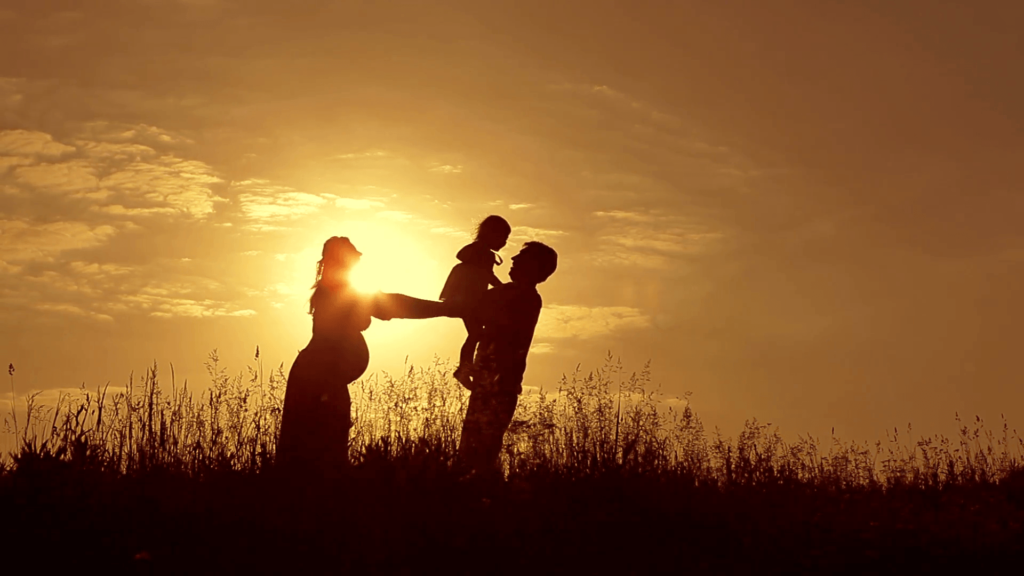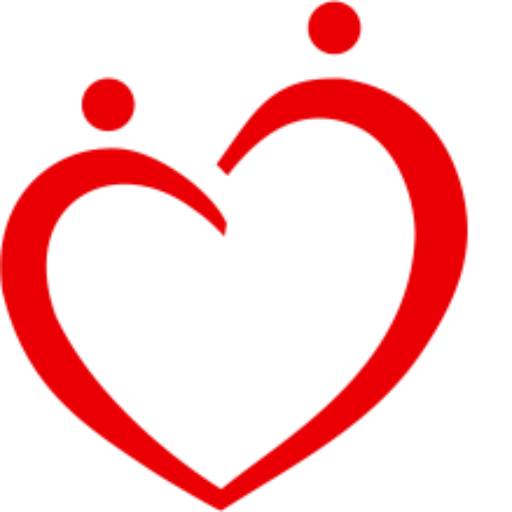
Are you wondering if you might be pregnant? The only way to know for sure is by taking a pregnancy test.
But there are early symptoms of pregnancy that may point to the possibility. Here’s what to look for.
Do All Women Get Early Symptoms of Pregnancy?
Every woman is different. So are their experiences of pregnancy. Not every woman has the same symptoms or even the same symptoms from one pregnancy to the next.
Also, because the early symptoms of pregnancy often mimic the symptoms you might experience right before and during menstruation, you may not realize you’re pregnant.
What follows is a description of some of the most common early symptoms of pregnancy. You should know that these symptoms may be caused by other things besides being pregnant. So the fact that you notice some of these symptoms does not necessarily mean you are pregnant. The only way to tell for sure is with a pregnancy test.
Spotting and Cramping
After conception, the fertilized egg attaches itself to wall of the uterus. This can cause one of the earliest signs of pregnancy — spotting and, sometimes, cramping.
That’s called implantation bleeding. It occurs anywhere from six to 12 days after the egg is fertilized.
The cramps resemble menstrual cramps, so some women mistake them and the bleeding for the start of their period. The bleeding and cramps, however, are slight.
Besides bleeding, a woman may notice a white, milky discharge from their vagina. That’s related to the thickening of the vagina’s walls, which starts almost immediately after conception. The increased growth of cells lining the vagina causes the discharge.
This discharge, which can continue throughout pregnancy, is typically harmless and doesn’t require treatment. But if there is a bad smell related to the discharge or a burning and itching sensation, tell your doctor so they can check on whether you have a yeast or bacterial infection.
Breast Changes
Breast changes are another very early sign of pregnancy. A woman’s hormone levels rapidly change after conception. Because of the changes, their breasts may become swollen, sore, or tingly a week or two later. Or they may feel heavier or fuller or feel tender to the touch. The area around the nipples, called the areola, may also darken.
Other things could cause breast changes. But if the changes are an early symptom of pregnancy, keep in mind that it is going to take several weeks to get used to the new levels of hormones. But when it does, breast pain should ease up.

